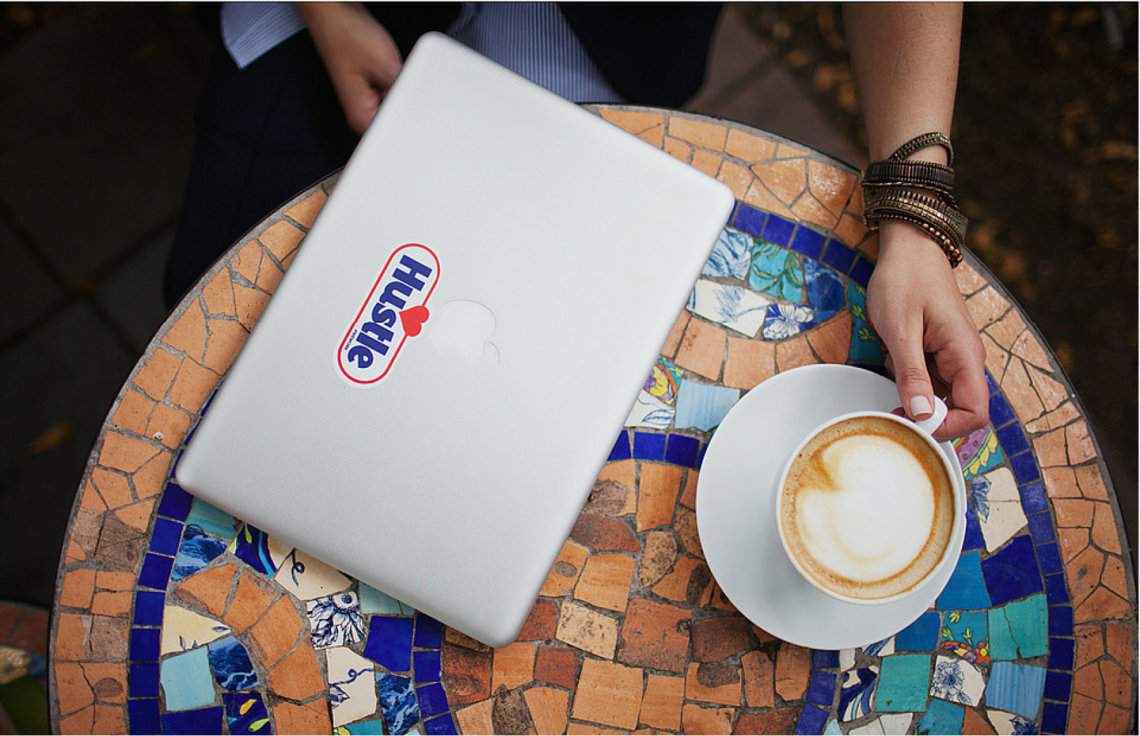Photo by Victoria Strelka_ph
How important is it to be prepared for a phone screen interview?
Answer: It's important. The phone screen interview is a short but important part of the
job search and interview process. In many cases, it's the "ticket" to entering the interview process in the first place.
But what is the difference between a phone screen and a
phone interview? What should you do if you unexpectedly receive a phone screen call? What questions can you prepare for a phone screen?
In this article, we'll answer all of your questions about the phone screening interview, its role in the hiring process, and why it might just be your ticket to
getting your next big job!
What Is a Phone Screen?
A phone screen call, often referred to as a phone screen or phone screening, is an initial interview or conversation conducted over the phone as part of the job application and
interview process.
Its primary purpose is to act as a screening process. This short phone call helps busy hiring teams quickly evaluate a candidate's basic qualifications,
soft skills, hard skills, and overall suitability for a particular job or position before inviting them for more in-depth, in-person interviews. Typically, phone screens are conducted by HR professionals, recruiters, or hiring managers and are relatively short.
Why Employers Use Phone Screens
If phone screening calls seem impersonal or superfluous, we hear you. Employers use phone screens for a variety of reasons. Formal interviews take a lot of time and money. Phone screens can help to assess a mutual interest and fit between the candidate and the organization.
Here are a few reasons employers use phone screens as a preliminary round of interviewing:
- A large number of applicants to an open job
- An open position with a very specific set of skills and talent
- A very tight timeline for hiring (especially when relocation or immediate start is necessary)
During the call, candidates are asked about their background, experience, and availability. The aim is to filter out candidates who may not meet the minimum job requirements. Phone screens also identify candidates who seem enthusiastic and genuinely interested in the open position.
Some hiring managers or recruiters might also use phone screenings to look for
nonverbal cues,
body language, and signs that a candidate would be a good fit. This allows the interviewer to put forth the top candidates for the remainder of the interview process. They might use the phone screen to align on particulars like salary requirements and potential start dates.
The phone screen will not yield the best candidate, but it will help recruiters, hiring managers, and human resources teams to identify candidates with the
greatest strengths and most relevant experience.
How Is a Phone Screen Different from a Phone Interview?
A phone screen and a phone interview serve distinct purposes in the job interview process. Let's explore the fundamental difference between these two types of telephone interview calls.
Phone Screen
A
pre-screen typically occurs at the initial stage of candidate evaluation. It is a brief conversation aimed at assessing the candidate's basic qualifications and ensuring they meet the minimum requirements for the position.
This typically involves questions about the candidate's resume, experience, and availability. Phone screens are usually conducted by HR personnel or recruiters and are relatively short, usually lasting 10 to 30 minutes.
Phone Interview
Unlike a screen, the phone interview is more like any first round of interviews—it's just happening over the phone (or maybe over Zoom) instead of in person. As such, it's a much more in-depth exploration of a candidate's skills, experiences, and cultural fit with the company.
Phone interviews are longer, too. Unlike a screen, phone interviews commonly take between 45 minutes and one hour.
How to Prepare for a Phone Screening: 7 Tips
Do you really need to prepare for a phone screen, or can you just "wing it"?
In many ways, preparing for a phone screen call should be similar to
preparing for an interview. The phone screen is often the first step in the interview process. You can even regard it as a "pre-interview" step.
Use these 10 to 30 minutes to make a strong first impression. We prepared these phone interview tips to help any candidate ace their phone screening interview.
1. Research the Company
Start by thoroughly researching the company you're interviewing with. Understand their mission, values, products, services, and recent news. This knowledge will help you tailor your responses and demonstrate your genuine interest in the organization.
2. Memorize the Job Description
Carefully
review the job posting to understand the specific skills and qualifications they seek. Be ready to discuss how your experience aligns with these requirements.
In fact, feel free to print a copy of the job description and use it as a "cheat sheet" for your phone screen.
3. Have Your Resume Ready
While you're printing off the job description, you might as well print your resume, too. Have both documents prepared, highlighted, annotated, and ready for your phone screen.
Be prepared to discuss your resume in detail. The interviewer may ask about your work experience, projects, and accomplishments. Make sure you can explain your role and contributions clearly.
Pro Tip: Make sure your
LinkedIn profile is updated and accurate. Be prepared to speak about any accomplishments, skills, and former employers mentioned in your LinkedIn, as your interviewer has likely seen it.
4. Practice Answering Common Interview Questions
Pro Tip: While it might feel strange, practice answering common interview questions in your mirror or while recording with your smartphone. Watch your answers and refine your answers.
5. Prepare Your Own Questions
Have thoughtful questions ready to ask the interviewer. Ask
probing questions (and follow-up questions!) about the company culture, team dynamics, and pain points the company is experiencing. This will show the interviewer that you have a genuine and in-depth knowledge of the organization and the role.
6. Find a Quiet Environment With a Reliable Connection
Find a quiet, well-lit space for your phone screen. Make sure you won't be interrupted or distracted during the call. Turn off notifications on your phone and computer.
7. Answer With an Introduction
When in the midst of any job hunt, answer any unknown numbers by introducing yourself. For example, answer a call by saying, "Hello, this is [NAME]." This eliminates any potential awkwardness for the caller, and this simple greeting gives a professional first impression.
Pro Tip: We don't all answer unexpected calls from unknown phone numbers—especially when we receive an unexpected phone screen. If you might miss a call, make sure you have a
professional voicemail set up. Make sure that your voicemail is not full and that any caller can leave a voicemail with instructions on how to call back.
10 Phone Screen Interview Questions to Prepare to Answer
Depending on an organization's reason for conducting a phone screen, you should prepare to answer some of the most common questions.
Because your interview is over the phone, you can write your prepared answers and any follow-up questions you might want to ask.
-
-
-
What excites you most about this role?
-
-
Tell me about [SECTION OF YOUR RESUME].
-
What were your responsibilities in [PREVIOUS JOB/CURRENT ROLE]?
-
-
What is your availability to start?
-
How would you describe your work style?
-
Last but not least, remember that the phone screen is for candidates, too. If you notice any red flags in this short, preliminary interview, you can also opt out of the interview process.










